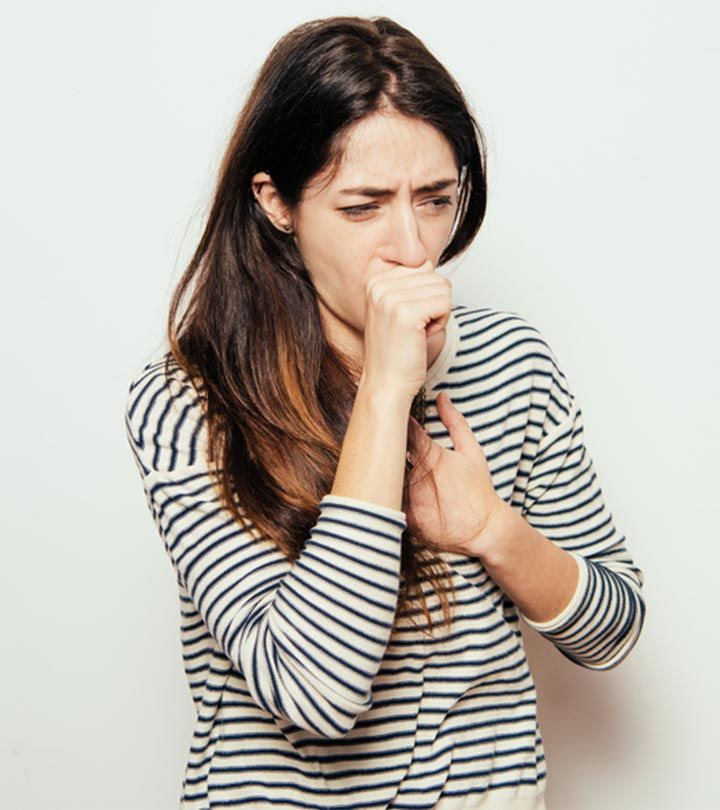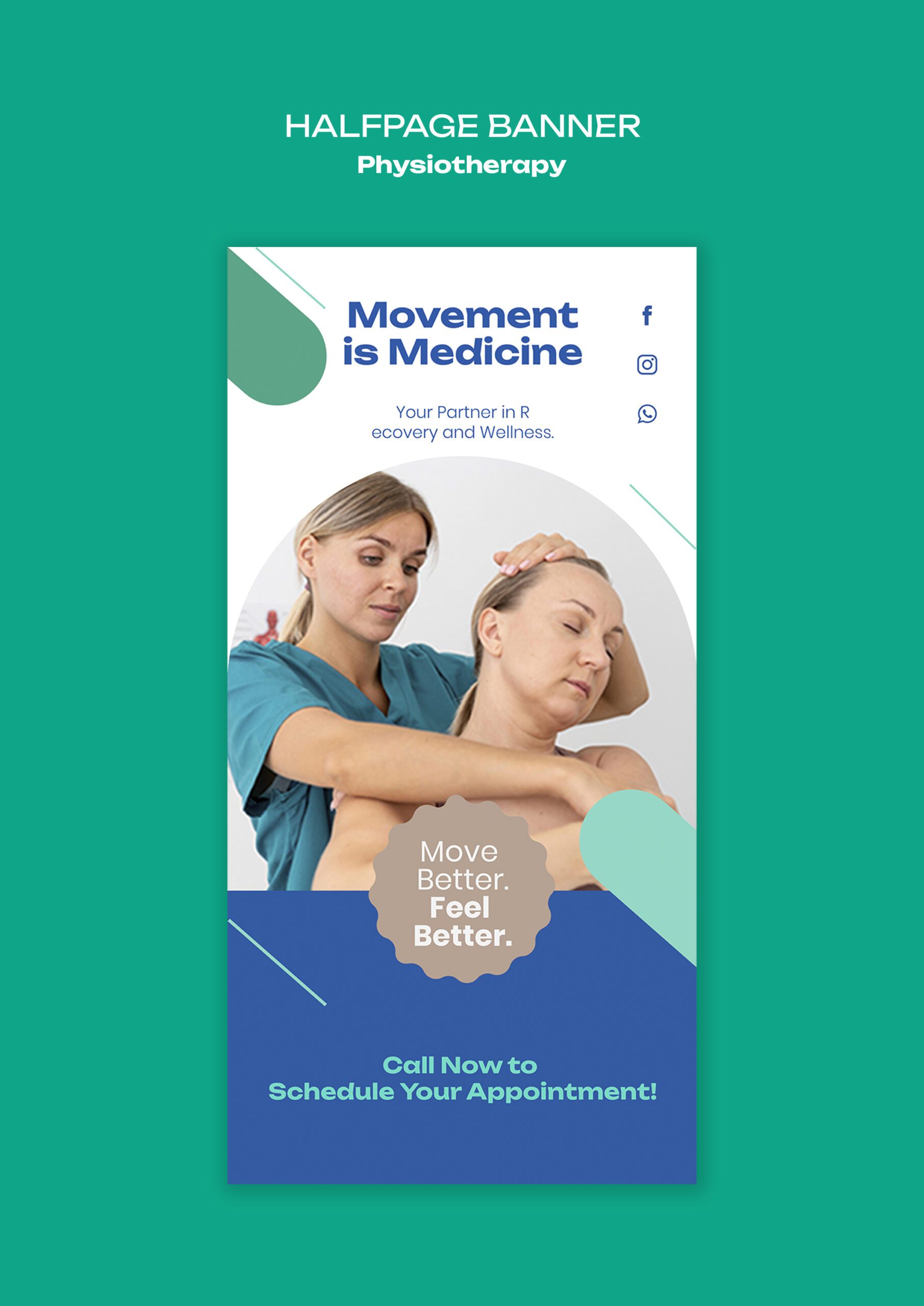Whooping cough, medically known as pertussis, is a highly contagious respiratory infection that can cause uncontrollable, violent coughing fits. It is most dangerous for infants and young children but can affect individuals of all ages. Despite the availability of vaccines, outbreaks still occur, making awareness and prevention crucial.
What Is Whooping Cough?
Whooping cough is a bacterial infection caused by Bordetella pertussis. It spreads through airborne droplets when an infected person coughs or sneezes. The condition is named after the “whooping” sound some people make when gasping for breath between coughing spells.
Stages and Symptoms of Whooping Cough
Whooping cough progresses through three main stages:
1. Catarrhal Stage (1–2 weeks)
-
Runny nose
-
Mild cough
-
Low-grade fever
-
Sneezing
This stage resembles a common cold and is the most contagious phase.
2. Paroxysmal Stage (1–6 weeks or longer)
-
Severe coughing fits that end in a “whooping” sound
-
Vomiting after coughing
-
Exhaustion after episodes
-
Cyanosis (bluish skin due to lack of oxygen) in severe cases
3. Convalescent Stage (weeks to months)
-
Gradual recovery
-
Reduced coughing fits
-
Vulnerability to other respiratory infections
Who Is at Risk?
While anyone can contract pertussis, it is especially dangerous for:
- Infants under 12 months (often too young to be fully vaccinated)
- Pregnant women (can pass immunity to unborn child if vaccinated)
- People with compromised immune systems
- Unvaccinated children and adults
How Is Whooping Cough Diagnosed?
Diagnosis may include:
- Nasal swab or throat culture to detect the bacteria
- Blood tests
- Chest X-ray to rule out complications like pneumonia
Treatment Options
Early diagnosis is critical. Treatment includes:
🔹 Antibiotics
-
Most effective when started in the first stage
-
Helps prevent spread to others
🔹 Supportive Care
-
Hydration and rest
-
Using humidifiers to soothe breathing
- Hospitalization for severe cases, especially infants
Prevention: The Role of Vaccination
Vaccination remains the best protection against whooping cough. Key vaccines include:
- DTaP – for infants and children (protects against diphtheria, tetanus, and pertussis)
- Tdap – for preteens, adults, and pregnant women
Pregnant women are advised to receive the Tdap vaccine during the third trimester to pass protective antibodies to the baby.
Complications of Whooping Cough
If left untreated, whooping cough can lead to:
- Pneumonia
- Rib fractures from violent coughing
- Brain damage or seizures in infants
- Death (especially in unvaccinated babies)
Living with Whooping Cough
Recovery from whooping cough may take weeks or even months. Coughing spells may persist long after the infection clears, but complications can be avoided with early care, vaccination, and public health awareness.


